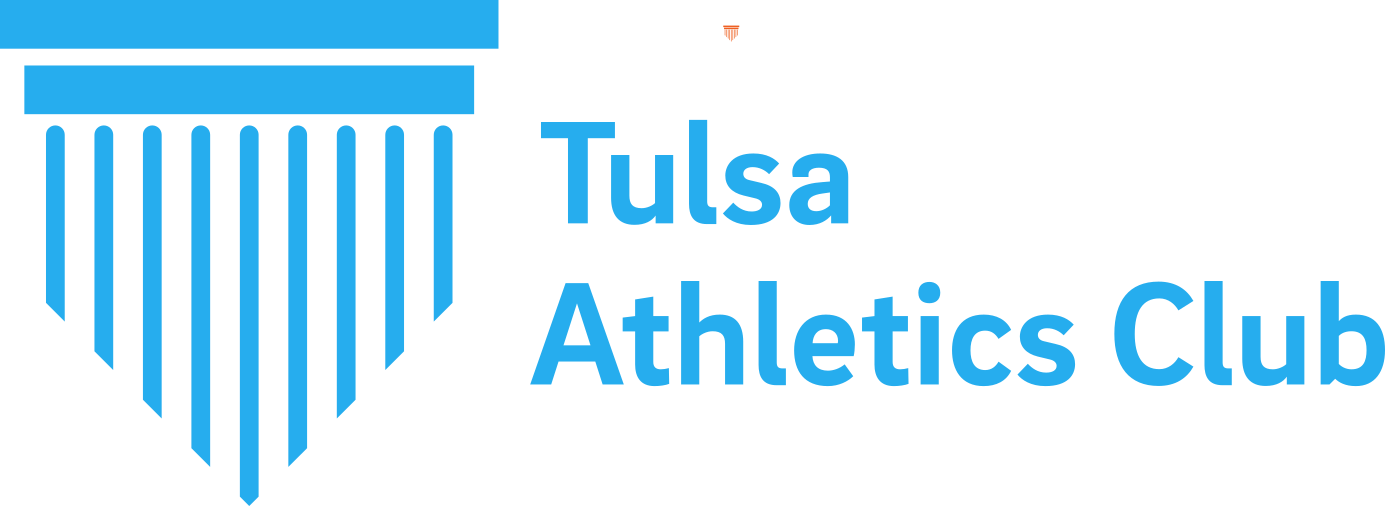Embedding our athlete development system in our schools has never been ideal for the athletes. The coronavirus-induced shutdowns are creating even more ways for the system to fail our young sportspeople.
Right as business publications like the Wall Street Journal are examining how the benefits and sustainability of remote work are much lower than thought at the beginning of the summer, school systems across the country - including Tulsa Public Schools - are pushing children and teenagers onto Zoom for the first few months of the school year. The remote-istas can draw whatever equivalencies or make whatever statements of “good enough” will allow them to sleep at night, but there are a few aspects of the school experience that can not in any way be replicated remotely, such as sports.
As parents explore “pods” and other creative educational options, it’s worth noting that multisport athletics clubs were the original pods. They were pods before pods were cool, or at least before they became a trend driven by necessity.
Across Europe, multisport clubs develop young athletes in track & field, soccer, volleyball, basketball, hockey (field and ice), handball and just about any other sport. They do this all under one roof, or at least under one name and set of colors.
Young athletes go school during the day, and in the evenings and on the weekends they train and compete with their clubs. School teams - to the extent they exist - are more like a low-key intramural team. The real competition, the real friendships and the real athlete development happens at the club level.
Two main benefits have always attracted us to this system. First, athletes develop with the same set of athletes, under the same philosophy of coaching and - many times - under the same group of coaches for years at a time. Instead of switching coaches with every transition from middle school to freshman, freshman to JV, JV to varsity and varsity to college (and then all the turnover that occurs among college coaches), club athletes work with coaches who have long-term incentives. Club coaches are not trying to get as much out of an athlete in the year or two they have them, knowing that the athlete will leave in a year or two or four. They guide the athlete for long-term success, because that is source of the coaches’ and club’s success.
Second, the athletes have the opportunity to train in and across several sports throughout their time in a club, in a way that is not possible (and would not be condoned or facilitated) in the American scholastic sports model.
The track & field model of these clubs makes this point the most clearly. Everyone starts off as a multi-event athlete. If an athlete develops physically in a certain way or shows particular talent in a discipline, he or she will become a thrower, jumper or runner. Then, after a few years of training more specifically in that discipline - maybe around age 18-20 - they will specialize as a shot putter or long jumper or 400m hurdler.
This progression builds more versatile and resilient athletes; minimizes athlete burnout physically and psychologically; and ensure the athlete always has the ability and desire to find out where they will be best, rather than being a 22-year old dealing with the consequences of decisions made when they were 14.
Schools in Tulsa and the surrounding area don’t have much of a plan for school sports. This isn’t a surprise. How could they?
But young athletes cannot afford to miss a season or two of training, development and competition - the fun of it all, let alone the physical and athletic aspects - any more than they can expect to spend a few months on Zoom and not pay the price for it down the road.
Parents in Tulsa and elsewhere are increasingly turning to pods and other options to ensure their children receive a proper education this year.
Tulsa Athletics Club is ready to be “the sports pod” to keep young athletes on pace with their athletic development and, if necessary, to present competitive opportunities if Tulsa Public Schools or the state of Oklahoma continue to throw unpleasant hurdles in front of the school year.
We offer sports performance training for all sports, extensive track & field / athletics training, and technical and tactical training for soccer. As time goes on, that list may expand. Tulsa Athletics Club can work one-on-one with young athletes, and is exploring group and team options so athletes get all the benefits of a team that are being denied them by the schools.
